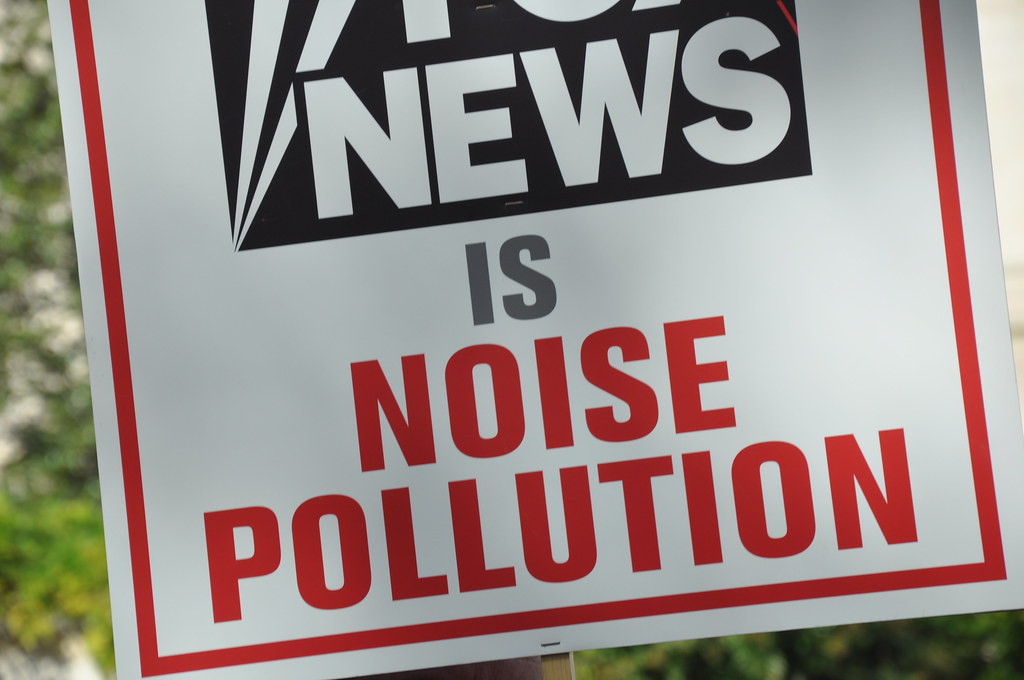What is Noise Pollution?
Noise pollution is a term used to describe sounds that are generally unwanted or considered to be a nuisance. It is a kind of pollution, which is created by man-made devices and activities.
Noise pollution is a form of environmental pollution which causes hearing loss, stress, sleep disturbance and hypertension.
Noise can be caused by traffic, airplanes, trains, factories, power tools, construction sites and many other sources.
Noise pollution is one of the most common forms of pollution as it occurs in almost every environment. It is also the most widespread because it can be caused by a wide range of sources.
How does Noise Pollution Affect Humans?
Noise pollution, like other forms of pollution, affects humans in many ways. The most obvious effect is hearing loss. This occurs when the sound is so loud that it damages the hair cells in our ears. These cells are responsible for sending sound information to the brain. Once damaged, they cannot repair themselves, and the result is permanent hearing loss.
The World Health Organization (WHO) estimates that 1.1 billion people suffer from disabling hearing loss. Most of these cases are preventable, but often go untreated because of a lack of access to hearing care.
Noise Pollution Affects Sleep
Noise pollution also affects sleep. Excessive noise can cause sleep deprivation and even insomnia. This is especially true for people who live near airports or roads with heavy traffic. In these cases, noise can disrupt sleep patterns and cause a person to wake up frequently throughout the night. Noise can also cause a person to wake up earlier than normal, which can lead to tiredness during the day.
Noise Pollution Affects Mental Health
Excessive noise can also lead to a decline in mental health. Many people report feeling anxious or stressed when exposed to loud noises for prolonged periods of time. This is because they are unable to escape the noise and they have no control over it. People with mental health conditions such as anxiety or depression may find that their condition worsens as a result of noise pollution.
Noise Pollution Affects Physical Health
Excessive noise can also have a negative effect on physical health. In some cases, it can lead to cardiovascular disease and high blood pressure. A study by researchers from the University of Sussex found that exposure to high levels of noise can increase a person’s risk of stroke by as much as 60% (source:sc.districtcouncils.gov ). This increase in risk occurs because excessive noise causes stress and increases blood pressure levels in the body.
Noise Pollution Affects Hearing
The World Health Organization (WHO) defines hearing loss as an impairment in the ability to hear sounds in the human frequency range. Noise pollution can cause hearing loss in both children and adults. The most common cause of noise-induced hearing loss is exposure to loud noises for long periods. This can be caused by listening to loud music, attending concerts or working in noisy environments such as factories and construction sites. Noise-induced hearing loss can also be caused by exposure to explosive noises such as gunfire or fireworks. Non-auditory effects: Non-auditory effects of noise pollution include annoyance and stress. Noise causes annoyance and stress because it interferes with communication and makes it difficult to concentrate on work or other tasks. It can also disturb sleep patterns causing insomnia and other sleep disorders. It can also cause heart disease and hypertension as it raises blood pressure levels.



No comments:
Post a Comment
Note: only a member of this blog may post a comment.